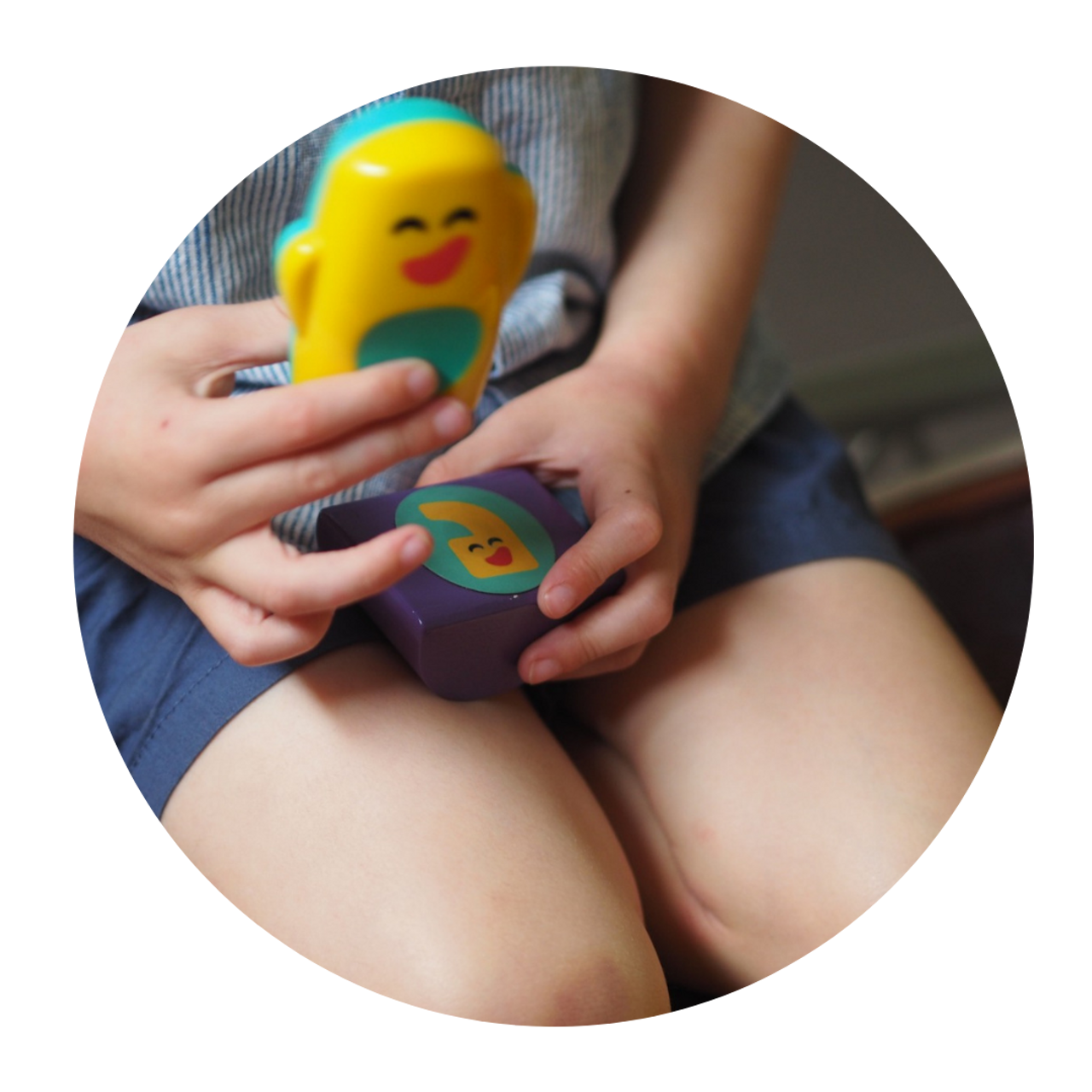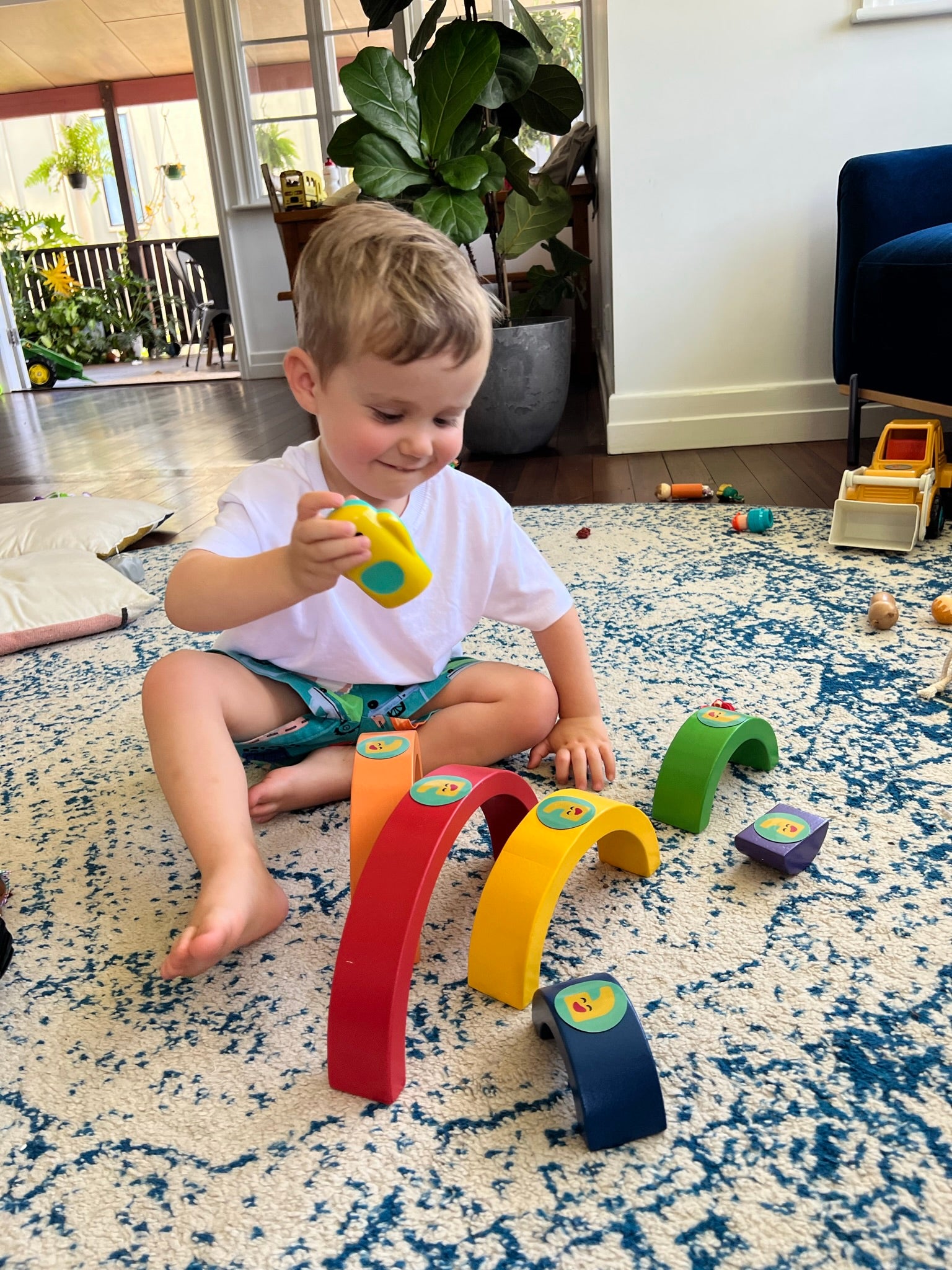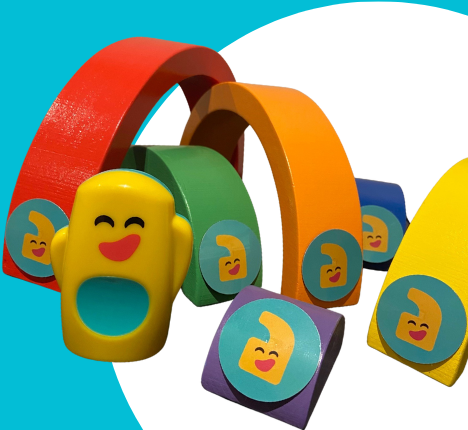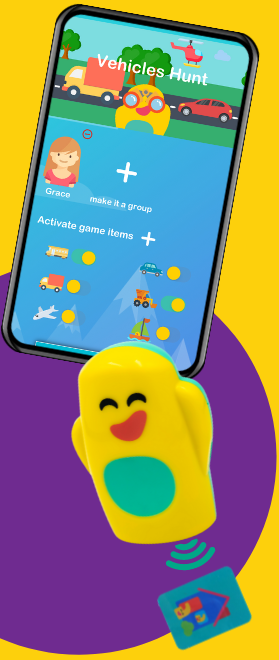

-
Request an Invoice
Fill out the following form to start your enrolment and bookings for Professional Development packages.
Our TalkiPlay for Education program aims to strengthen the capabilities of early childhood educators and improve communication outcomes for children through:
-
Supporting educators to identify and set communication goals
-
Utilising play-based approaches for strengthening communication
-
Incorporating everyday environments into communication practise
-
Including families in discussions about communication
How does TalkiPlay help educators?
Whether using our specially designed Speech & Language program for a specific individual or giving every child in your centre a language boost, TalkiPlay works effectively to build their speech and language skills - providing a new way for children to explore, play & learn off-screen.
Simply plug, pair, and play.
Great for solo play or in team activities.
TalkiPlay is ideal for children with language delay, autism, or social anxieties.
Learning is moderated by educators using the companion app.
Educator products are available for Early Learning Centres. We recommend four resources kits for a class size of 20 students.





